Outdoor groups in Tayside and Fife have hired more seasonal rangers as they continue to clamp down on “dirty camping”.
Rural agencies, charities and businesses have either hired extra staff this summer or are in the process of doing so as visitors continue to flock to popular destinations.
Many living, working and regularly visiting hotspots credit rural rangers with cutting down on anti-social behaviour in wild spaces.
“Dirty camping” has plagued many communities over the previous few summers as visitors dumped tents, set fire to vegetation and left human waste behind them.
But questions remain as to whether the £1.5 million in additional funding is enough to tackle the problem in the long term, especially given the seasonal nature of some of the jobs.
The NatureScot cash is supporting eight additional rangers and other visitor operations jobs based in and around remote and rural attractions in Tayside and Fife.
Funding for Fife and Tayside groups is drawn from a near £1.5m government pot supporting around 109 seasonal posts nationwide.
But that number is down on the 127 seasonal staff recruited across Scotland last year.
Where can I find a ranger in Tayside and Fife?
The Scottish Government has supported at least eight additional posts through its agency NatureScot’s Better Places Green Recovery Fund.
The National Trust for Scotland has deployed staff in the Angus Glens, Highland Perthshire and on Ben Lawers, the highest mountain in the southern Highlands.
In nearby Grandtully, the Scottish Canoe Association receives support towards an additional post.
Conservation charity the John Muir Trust receives funding for a ranger on Shiehallion.
This hugely popular Munro overlooking Loch Rannoch has had problems with irresponsible parking among others issues in the past.
The Fife Coast & Countryside Trust looks after the Kingdom’s coastal areas as well as inland locations such as the Lomond Hills or the popular Pilgrims Way path.
Funding there helps support two jobs.
Minister backs rural ranger solution
Mairi McAllan is the Scottish Government’s environment minister.
She said her officials were in “constant dialogue” about the challenges caused by large numbers of campervans and wild campers in “key hot spot areas.”
“It’s clear that the countryside rangers are having a significant positive impact in educating and encouraging visitors on how they can enjoy the countryside responsibly.
“This not only preserves our scenery and landscape, it also takes the pressure off our local communities and provides an informative welcome to incoming visitors.”
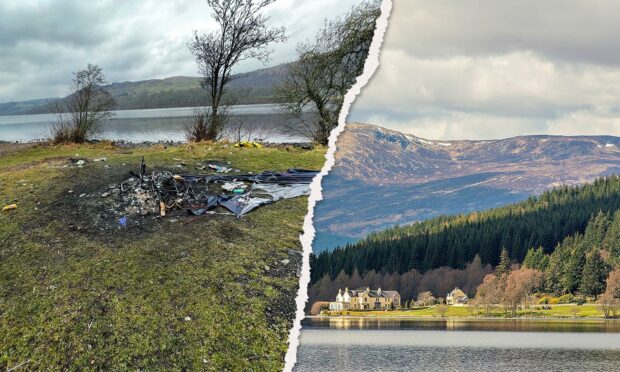
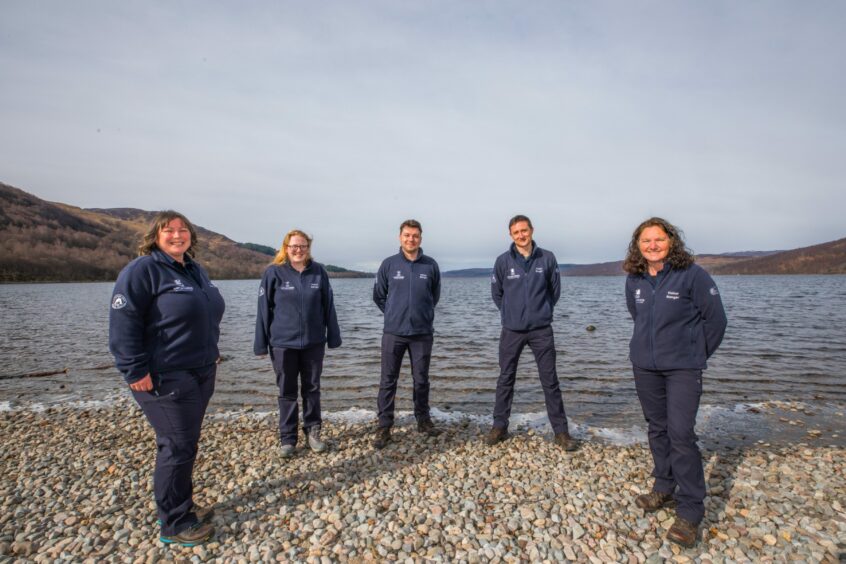
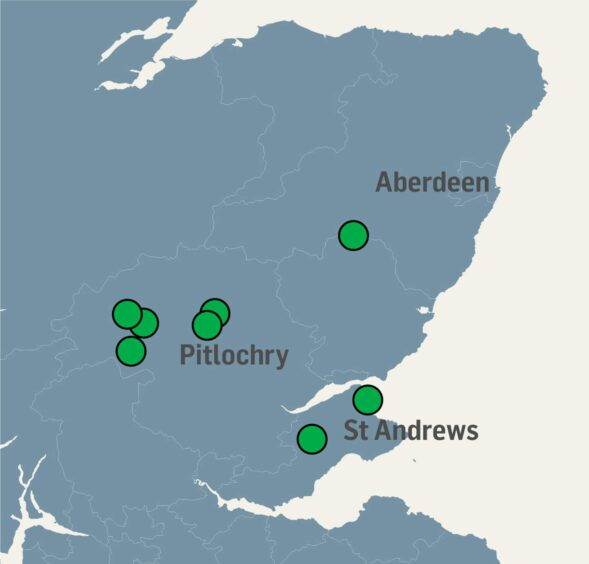

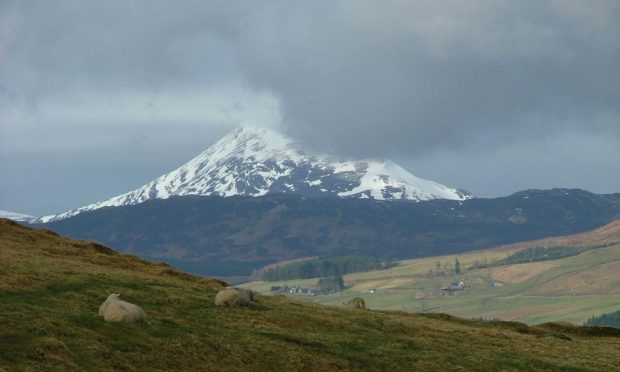
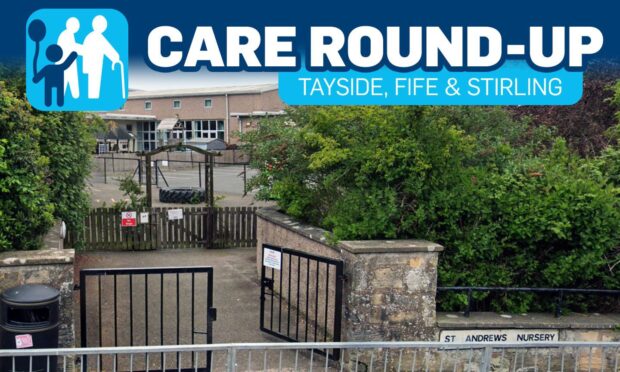

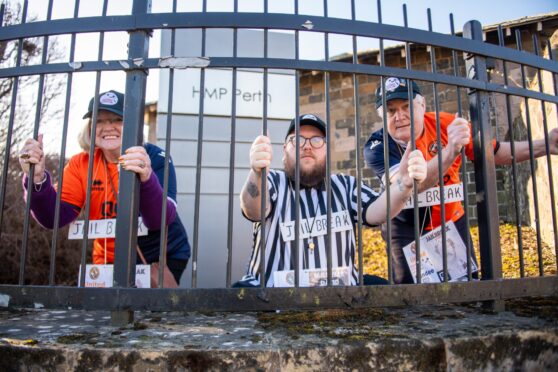

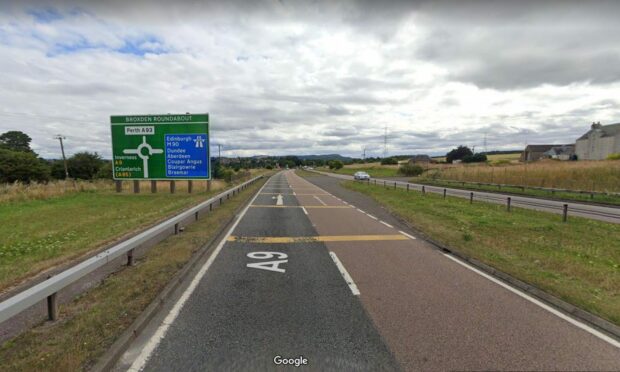

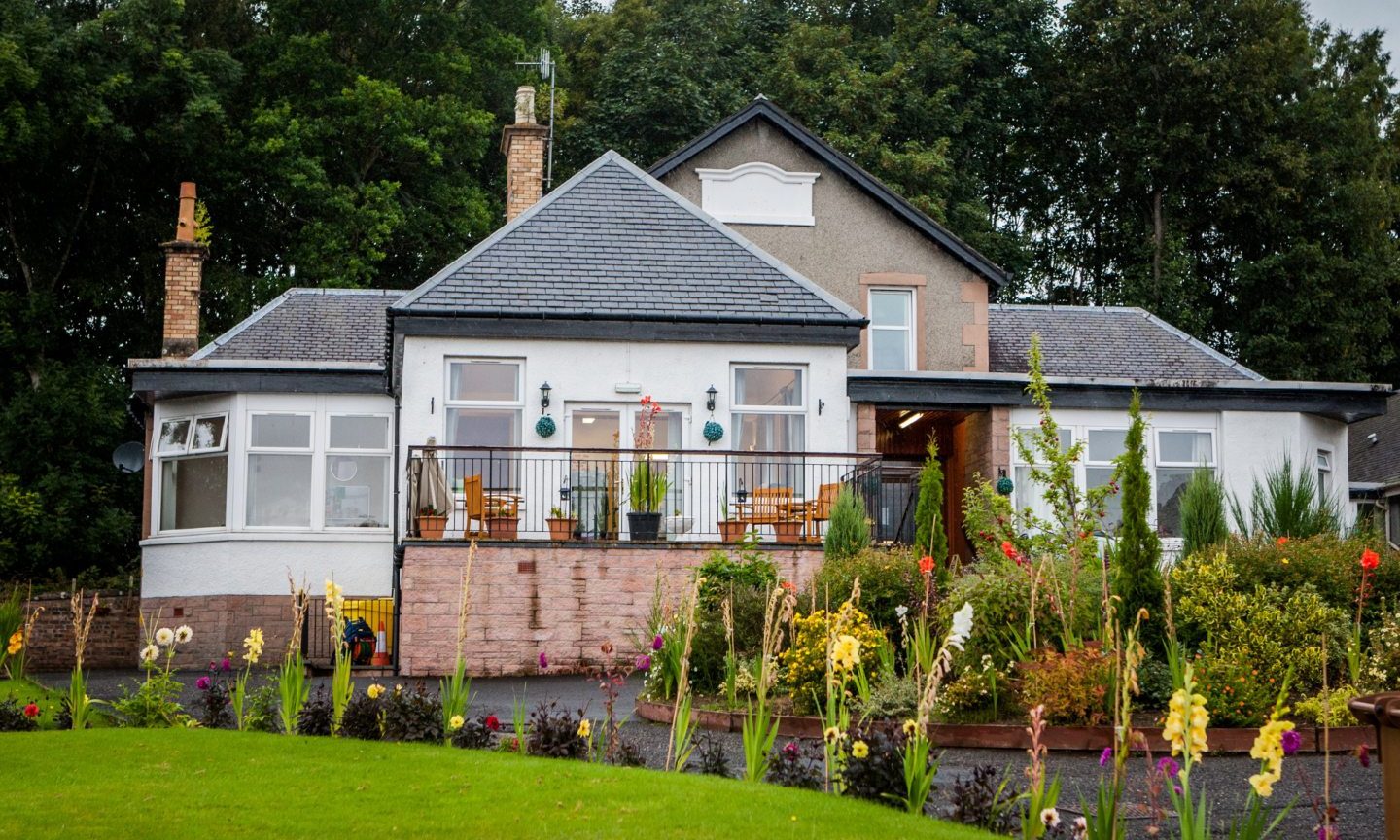
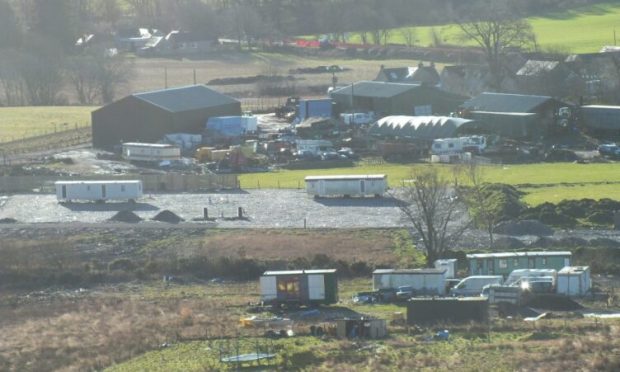
Conversation